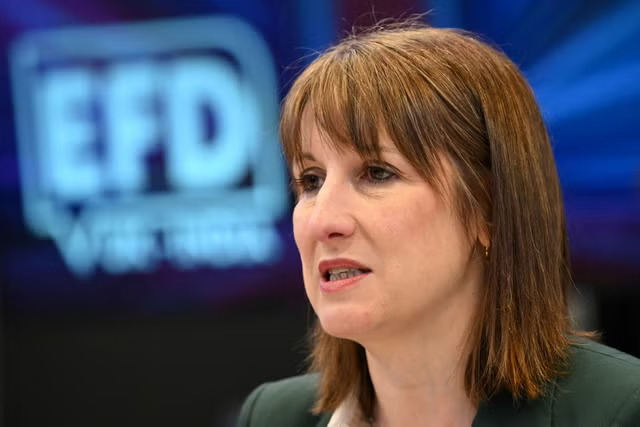As Chancellor Rachel Reeves prepares for her much-anticipated Budget announcement, pressure is mounting for her to allocate any available funds toward long-term economic growth projects rather than costly policy reversals.
Lord Jim O’Neill, a former Treasury minister and ex-Conservative who later served as an adviser to Reeves, has called on the chancellor to resist politically motivated spending and instead focus on investments that offer “positive multiplier” effects on the economy.
“I would like to see any money available in [next month’s] spending review or the Budget to be spent on positive multiplier investments,” Lord O’Neill said. These types of projects, he explained, yield significantly more in economic returns than the initial investment, potentially transforming regional economies and national productivity.
A key example he highlighted is the Northern Powerhouse Rail scheme, a long-proposed high-speed link between major northern cities. The scheme was designed to bridge a regional inequality so stark that travel times between northern cities often exceed journeys to Paris. The abandonment or delay of such plans, Lord O’Neill warned, risks stunting growth in economically lagging regions.
The chancellor’s challenge lies in balancing this vision with growing calls from within her party to reverse controversial welfare policies introduced by the Conservatives. Reeves is facing mounting pressure to find an estimated £5 billion to expand fuel bill support for pensioners and to eliminate the widely criticised two-child benefit cap, both deeply unpopular among Labour backbenchers.
Announcing a partial U-turn on pensioners’ energy support, Prime Minister Keir Starmer said the government was looking to widen eligibility “as the economy improves.” The improved GDP figures released this week have offered Labour some fiscal breathing space, potentially making these shifts more viable.
Policy Reversals Risks Stunting Growth
However, critics like Lord O’Neill caution that such reversals, while politically tempting, risk diverting funds from projects that could yield sustained economic growth. “These moves are driven by the politics,” he said bluntly.

With a comprehensive spending review scheduled next month, Reeves will outline how £113 billion in capital funds will be distributed across government departments over the coming years. Much of this investment is expected to target critical infrastructure and housing transformation.
Concerning which specific projects might pass the “positive multiplier” test, O’Neill pointed to the role of the National Infrastructure and Service Transformation Authority (NISTA), which advises on high-impact infrastructure spending. He added: “My personal clear favourite, and I’m pretty sure it would pass the NISTA sniff test, is Northern Powerhouse Rail.”
Meanwhile, Labour’s internal divisions are becoming increasingly apparent. While Health Minister Karin Smyth said the government was “listening” to calls for reversals and weighing the “costs and benefits,” other party figures are pushing for swift and decisive action.
Labour MP Stella Creasy argued forcefully that scrapping the two-child limit would have an immediate and powerful impact. “Lifting the two-child limit would take 350,000 children out of poverty overnight,” she said.
The government’s promised child poverty strategy, originally expected in the spring, has now been delayed until autumn, timed to coincide with Reeves’ Budget.
Adding to the chancellor’s growing list of concerns is unrest over planned £5 billion welfare cuts. According to sources, Prime Minister Starmer is now considering “tweaks” to soften the blow, including extended “transitional periods” for claimants shifting between benefits.
One MP pushing back is Peter Lamb, who represents Crawley. “I’ll be voting against anything which is going to restrict access to PIP further than it’s currently restricted,” he said, referring to the personal independence payment received by many disabled citizens.
As Reeves readies her Budget, the choices she makes may not only determine the shape of the economy but also test Labour’s ability to balance political pragmatism with long-term vision.
READ ALSO: Ghanaian Industries Eye Relief as AGI Pushes for Interest Rate Reduction



















